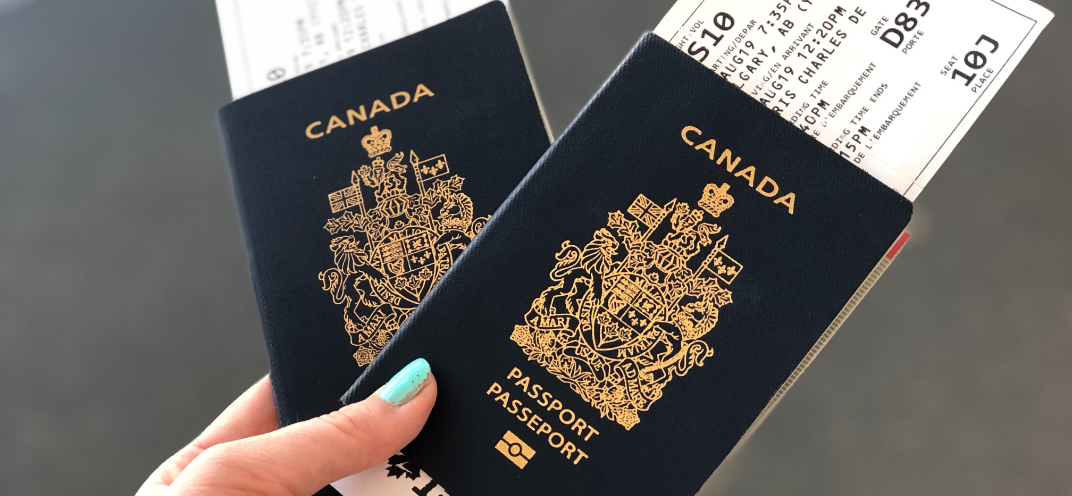The Home Caregiver Program for elderly and disabled individuals is one of the immigration pathways to obtain permanent residency in Canada, especially for Iranians.
Iranians who hold any type of temporary visa in Canada can, if eligible, enroll in college and after employment in Canada, apply for permanent residency through the Home Caregiver Program.
Individuals who enter Canada from abroad as home caregivers are highly valued by Canadian families. Their hard work in the lives of those they care for—including children, elderly, and people with disabilities—makes a difference.
On the other hand, Canada faces a shortage of caregivers, especially home caregivers. Immigration Canada has introduced several pilot programs to address this shortage. In 2019, two pilot programs were introduced as follows:
-
Home Child Care Provider Pilot Program
-
Home Support Worker Pilot Program
These two pilot programs for elderly and child caregivers provide good opportunities for individuals seeking to immigrate to Canada to obtain permanent residency through caregiver programs. These programs have simple application processes and most individuals can apply.
New Caregiver Program Rules in Canada 2024
While the two pilot programs ended their five-year term on June 17, 2024, Immigration, Refugees and Citizenship Canada (IRCC) has introduced new and advanced pilot programs. These programs provide a special opportunity for home caregivers to come to Canada, as IRCC is determined to make the caregiver pilot programs permanent.
According to the new IRCC rules, caregivers who qualify for the program can obtain permanent residency (PR) immediately upon arrival in Canada. They are also allowed to work for organizations providing temporary or part-time care for individuals who are disabled or recovering from illness or injury. This new immigration pathway means caregivers can more easily find suitable jobs with trusted employers and gain permanent resident status upon arrival.
- You must care for someone who requires support at their own or employer’s home under the Home Support Worker Pilot Program.
- Living in the employer’s home is not required to be eligible.
- Only Home Support Workers under NOC 44101 qualify.
- Experience as a housekeeper is not valid.
- Employers making job offers should not be companies.
What Are the Language Requirements for Home Caregivers in Canada?
To immigrate as a caregiver to Canada, the applicant must take an approved language test and achieve at least Canadian Language Benchmark (CLB) 5 overall for English or French language abilities. The equivalent language levels in international certifications like IELTS and CELPIP for the caregiver immigration program in Canada are as follows:
-
IELTS General with scores (Reading: 4, Listening: 4, Writing: 4, Speaking: 5), or
-
CELPIP General with scores (Reading: 5, Listening: 5, Writing: 5, Speaking: 5)
What Are the Duties of a Home Caregiver in Canada?
Home caregivers, also known as Caregivers, play an important role in caring for various individuals in Canada, including children, elderly, and disabled persons.
Their duties vary depending on the type of care provided and the needs of the person receiving care. Here are some of the main responsibilities of home caregivers in Canada:
Personal Care:
-
Assisting with bathing, dressing, toileting, and other daily activities
-
Providing basic health care such as medication monitoring, blood pressure measurement, and help with bathing
-
Performing household tasks like cleaning, cooking, and grocery shopping
Emotional Care:
-
Companionship and conversation with the care recipient
-
Providing emotional support and helping to maintain the individual’s morale
-
Creating a safe and supportive environment
Specialized Care:
-
Providing specialized care for individuals with chronic illnesses or specific disabilities
-
Assisting with physiotherapy or rehabilitation exercises
-
Accompanying the individual to medical appointments and hospital visits
Other Duties:
-
Handling administrative tasks such as bill payments and banking management
-
Communicating with family members and doctors
-
Participating in care meetings for the individual
It should be noted that this is only a general list of duties for home caregivers in Canada, and other specific tasks may also be assigned. The job market for elderly and disabled home caregivers in Canada is very favorable and booming due to the aging population, Canada’s healthcare system, and the prevalence of chronic diseases. This creates many job opportunities for qualified individuals in this field.
Frequently Asked Questions
What Is the Home Caregiver Program in Canada?
The Home Caregiver Program in Canada allows you to work temporarily as a home caregiver and provide care for a Canadian family. This program is a great opportunity to gain work experience in Canada, improve your language skills, and get familiar with Canadian culture.
Who Can Apply for the Home Caregiver Program in Canada?
To apply for this program, you must meet the following requirements:
• Be at least 18 years old.
• Be in good physical and mental health.
• Have relevant work experience caring for elderly or children.
• Hold a high school diploma or higher.
• Have at least CLB 5 proficiency in English or French.
• Have no criminal record.
Does a Home Caregiver in Canada Have to Work 7 Days a Week?
Like other jobs, a home caregiver should work a maximum of 8 hours per day. In some special situations, the employer may need care for more than 8 hours daily, which should be written in the contract and paid accordingly.
How much do home caregivers in Canada earn?
The average hourly wage for home caregivers in Canada ranges between 20 to 30 Canadian dollars. Your salary depends on your experience, skills, and location within Canada.





